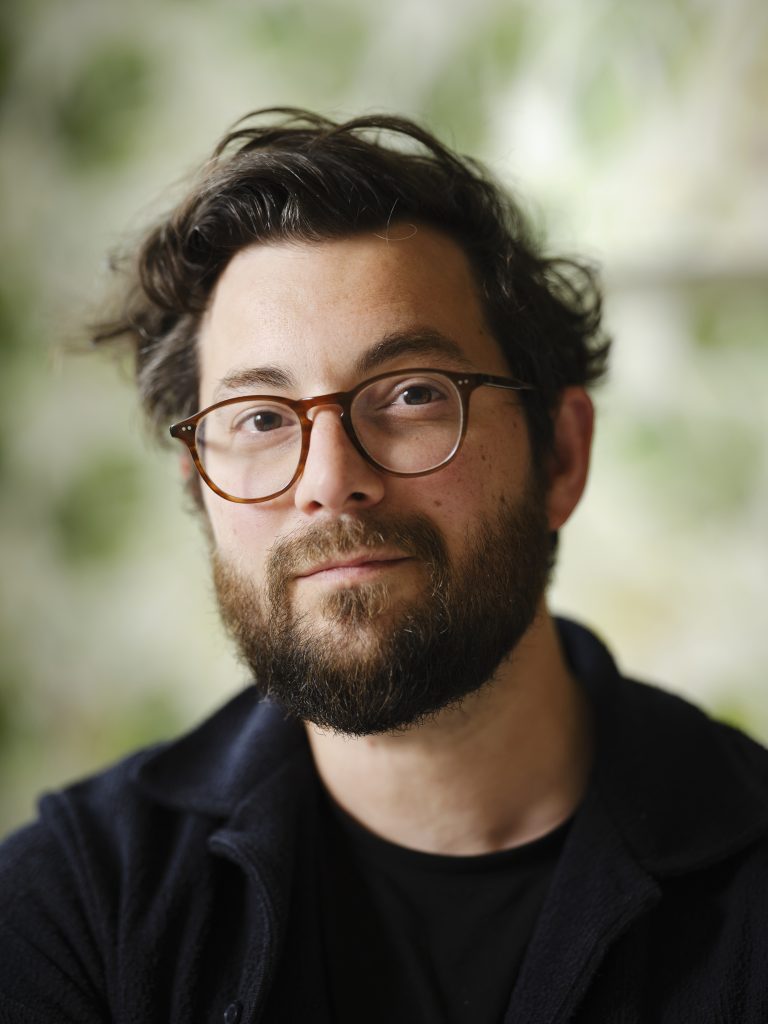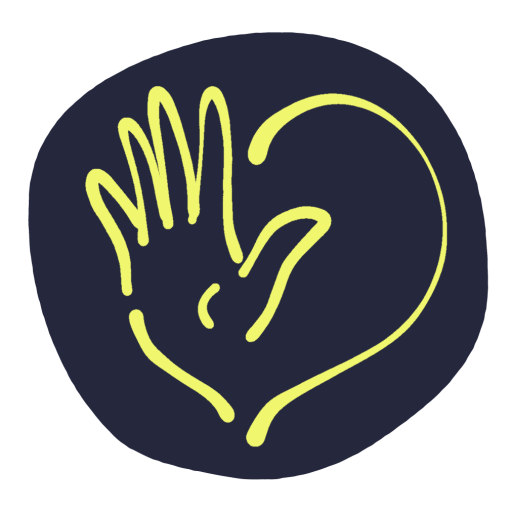Menu

WILLEM BECKERS
Lecture
Six key attitudes for systemic practice in the field of extreme social withdrawal/ hikikomori
Throughout the years, I have professionally engaged in many complex cases, working with parents of extremely withdrawn young adults (also known as the ‘hikikomori phenomenon’, where young people withdraw from social life and isolate themselves). These young people struggle with relational and psychiatric challenges, yet frequently continue to refuse help. Their parents often face significant hardship and feel hopeless about change.
Non Violent Resistance (NVR) offers practitioners a framework and a growing evidence base to effectively help families reduce harm and improve their relationships with targeted interventions and specialized methods. However, managing highly compromised family dynamics through any given approach has its limitations. Families are open systems: chance, coincidence, and other external factors influence opportunities for change, sometimes even more so than professional interventions. So when you are collaborating with these parents, striving towards a better future comes with adversity, risk, and unpredictable consequences. This raises a critical question: if we can never truly control our outcomes, how do we decide where and when to direct our efforts?
In this keynote, I will discuss six process-oriented attitudes I have developed through trial and error that can be connected to the NVR approach. These can help professionals navigate complex journeys, balancing between the pitfalls of inflexible protocols and the constraints of inaction. When we don’t know where we are heading but aim for a life worth living, how do we move forward? Let’s find out together.
Biography
Willem Beckers works as a systemic psychotherapist, trainer and supervisor at the Interactie-Academie, an institute for systemic training and therapy in Antwerp. He specializes in working with parents in the field of child-to-parent violence and extreme social withdrawal (hikikomori) among adolescents and (young) adults. Reflective of the ethos at the Interactie-Academie, his approach develops through ongoing therapeutical practice, academic insight, team discussions, publications and international collaboration.

